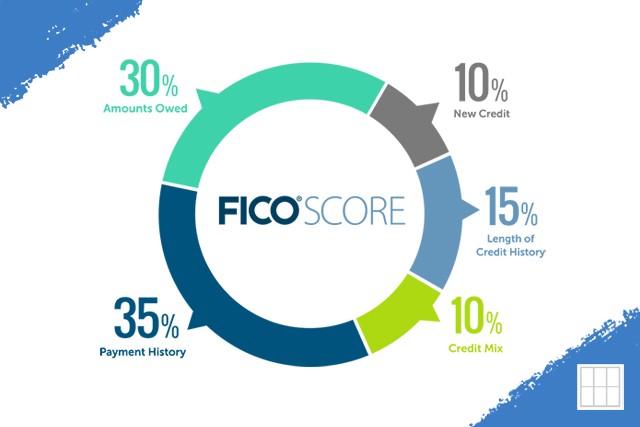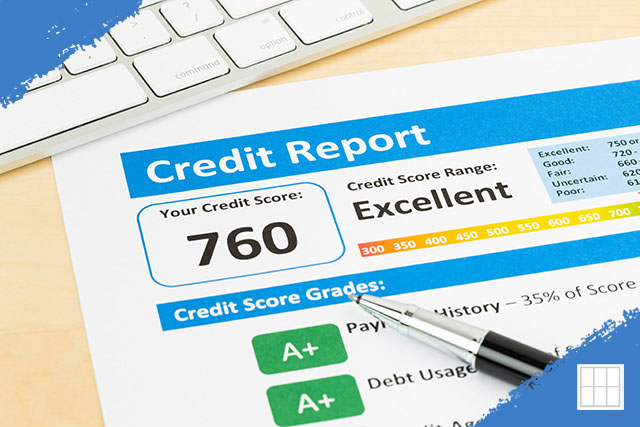Are you considering buying your first home, moving up to a larger property, or perhaps…

Understanding Your Credit Report
Taking the Mystery Out of Credit
Understanding your credit report is important in today’s lending environment. Credit scores can be complicated to understand and can be a mystery to most people. With access to a variety of new resources, consumers are now more empowered than ever to better understand, actively manage, and protect their personal credit reputation. You can obtain a free copy of your credit report from annualcreditreport.com.
What is a Credit Score?
A credit score is the result of a mathematical equation that evaluates many types of information that are on your credit report. Potential lenders will usually review your credit report and credit score, along with other factors, such as your ability and likelihood to repay debt.
Credit scores are often called “FICO scores” because most credit scores are produced from software based on a model developed by Fair Isaac and Company (“FICO”).
What Makes Up a Credit Score?
A FICO score generally ranges from 300 to 850 with a higher score indicating a lower credit risk. Your FICO score is calculated based on data collected from many sources that give an overall picture of how an individual handles their credit. The following are a few of the factors that will most strongly impact your credit score and their relative importance:
What is Not in Your Score?
- Your race, color, national origin, sex, age, marital status
- Your salary, occupation, title, employment information, or residence address
- Any interest rate being charged on your credit accounts
- Any items such as family/child support, rental agreements, credit counseling participation
What Can Affect Your Score?
- Late Payments – Pay your bills on time. If you have missed a payment – bring your account current as soon as possible.
- Credit History – When you payoff a debt or collection account, or close an account, the credit reference will remain on your credit report for a minimum of seven years.
- High Balances – Keep outstanding balances low on credit cards and other “revolving” accounts.
- New Credit – If you are relatively new to using credit – don’t open too many new accounts in a short period of time.
How to Improve Your Credit Score?
Your score can be improved by managing your credit responsibly over time and following some basic tips:
- Make sure the information in your credit report is correct. You are entitled to one free credit report annually from the three credit bureaus – Experian, TransUnion, and Equifax. You can obtain a free copy of your credit report at www.annualcreditreport.com.
- Review your credit report for account accuracy (date opened, account balance, account limit, last activity). Be sure to have incorrect or erroneous information updated.
- Pay down high credit card and revolving account balances, but don’t close the account. Don’t apply for credit that you don’t need – excessive credit report “inquiries” can lower your score.
- Avoid moving credit balances from a current account to a new account just to take advantage of low introductory interest rates. The combination of “inquiries” and “new accounts” can negatively impact your credit score.
Important: Before working on your credit, please consult with one of our experienced Loan Officers. They can develop a plan specific to your personal situation. Get started and Apply Online.



